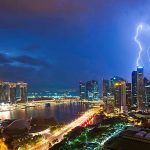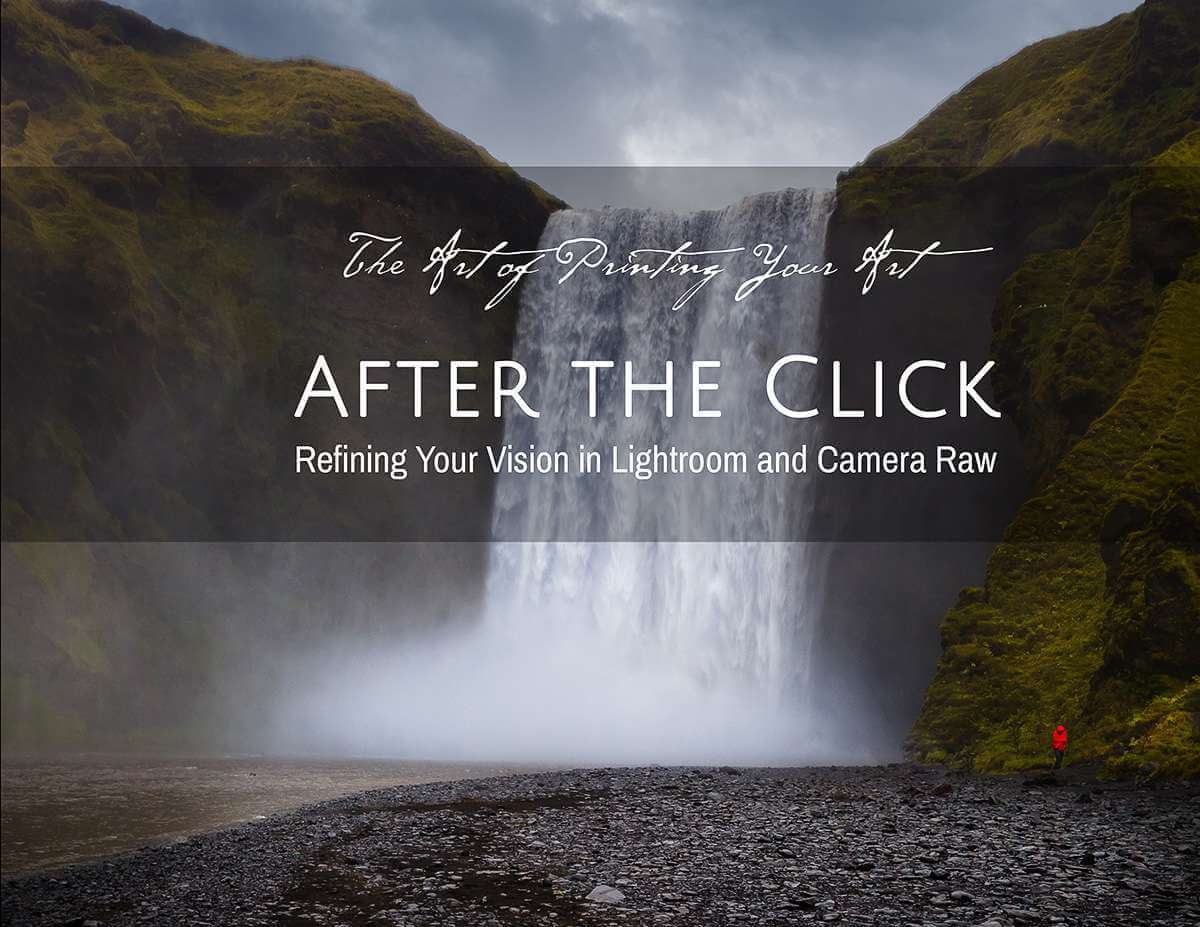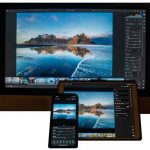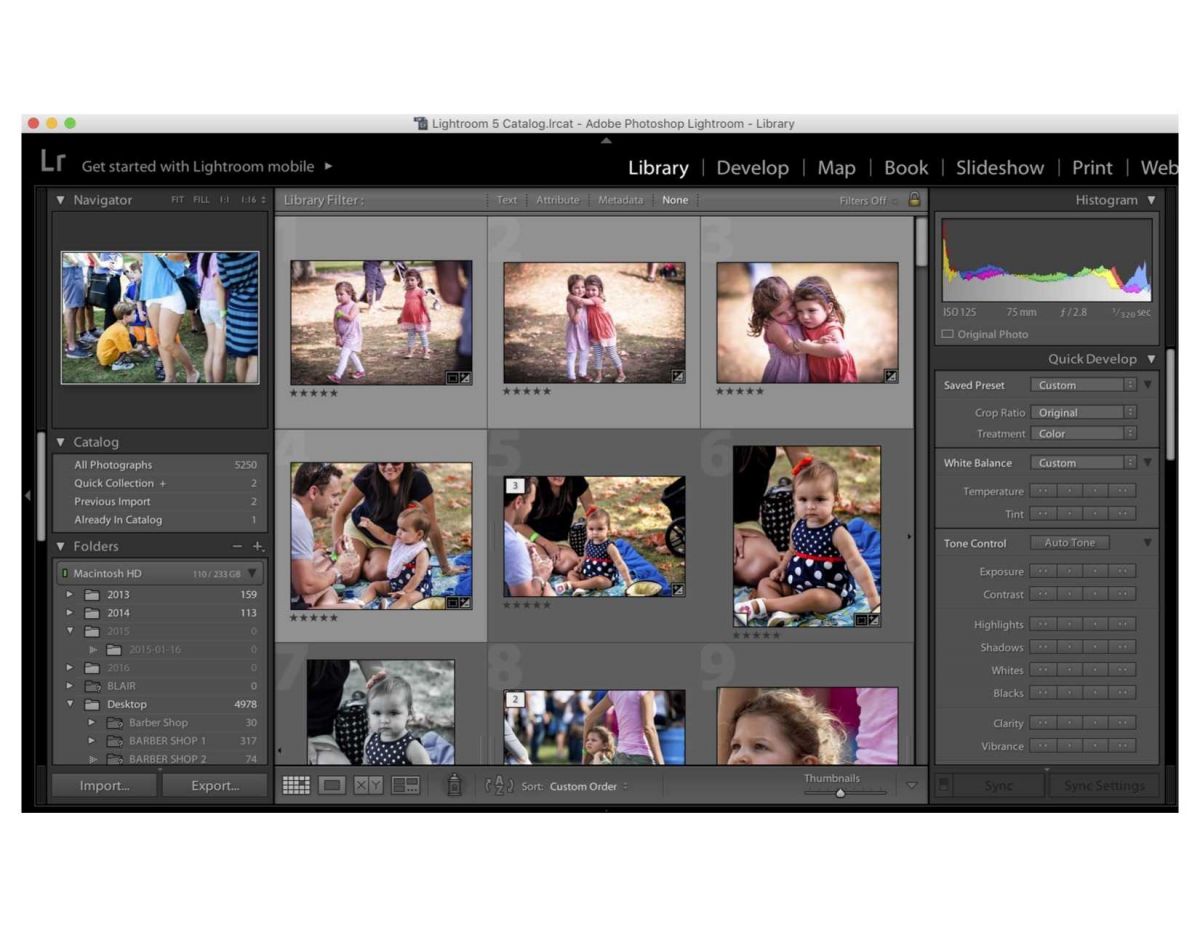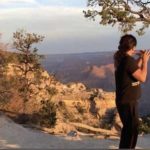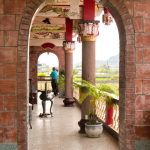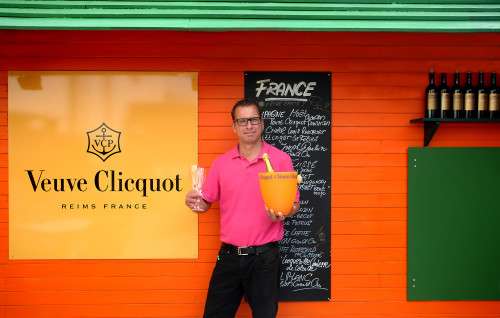 Inspiration for these posts come in all flavors anytime day or night…no matter what I’m doing. So to tell you that this one came from surfing my cable television provider on a particularly dreadful evening where you wonder why you have to pay so much to get absolutely nothing of any content or cerebral stimulation.
Inspiration for these posts come in all flavors anytime day or night…no matter what I’m doing. So to tell you that this one came from surfing my cable television provider on a particularly dreadful evening where you wonder why you have to pay so much to get absolutely nothing of any content or cerebral stimulation.
As I had my thumb sitting on the up button, watching the programs whiz by at close to warp speeds I suddenly stopped, backed up and began watching the PBR Network. An obscure channel (at least for this city boy) that’s all about professional bull riding…as in PBR…and by the way not to be confused with Pabst Blue Ribbon beer.
I quickly became enthralled, fascinated as to who had the biggest testicles the bulls or the cowboys willing to ride these four-legged monsters whose main purpose in life as I see it…is to kill, maim, mutilate, or seriously injure those that decide to get on and ride it for eight seconds right into the history books as heroes and legends for unnamed prizes, big trophies and or cash.
In my online class with the BPSOP, and in my “Stretching Your Frame of Mind” workshops I conduct around our planet, I’m often telling my fellow photographers that visual input is a part of our everyday life ,and if we can make it our objective to present this visual information in a way that makes it worthwhile for the viewer to stick around, we’ve done our job as an artist and photographer. Make him an active participant by moving him around the frame via line, having him discover things in your composition while he’s moving around the frame, and create what I refer to as Layers of Interest.
These Layers of Interest should work together in harmony and be balanced. There should be some sort of rhythm that makes the viewer comfortable while looking around for things to discover. I can tell you that once the viewer sees something interesting, he’ll look for another.
Creating depth by using wide-angle lens to anchor your subject up close and personal is another way to keep the viewer around. The use of light, communicating ideas using color are others.
Here’s what it all boils down to:
When I’m shooting and right before I click the shutter, I ask myself if the photo I’m about to take was a print hanging on a wall during the opening of a new trendy gallery…surrounded by other photos. There are people dressed up in hip and trendy new fashions, holding cheap Merlot or Chardonnay wine in plastic glasses, milling around looking important, hoping someone will see them, and occasionally looking at the photographs.
Would any of them stop from self-indulgent reverie and look at my photo for at least six seconds, or stroll by with nothing more than a cursory look. If I can’t say with the utmost assurance to myself that yes they will stop, then I re-think my composition and not go any farther as far as committing to the final act of clicking the shutter.
Eight seconds is a very long time to expect someone to study your photograph as well as it is riding a bull. For me, I like the challenge, but perhaps six seconds is more like it; still a long time. If you adhere to some of my ideas and practices, you’ve got a very good chance to last the full eight seconds and take home one of those coveted trophies…maybe a silver silver belt buckle in the shape of a camera would be more appropriate.
-BPSOP Instructor: Joe Baraban
Joe Teaches:
Stretching Your Frame of Mind I




